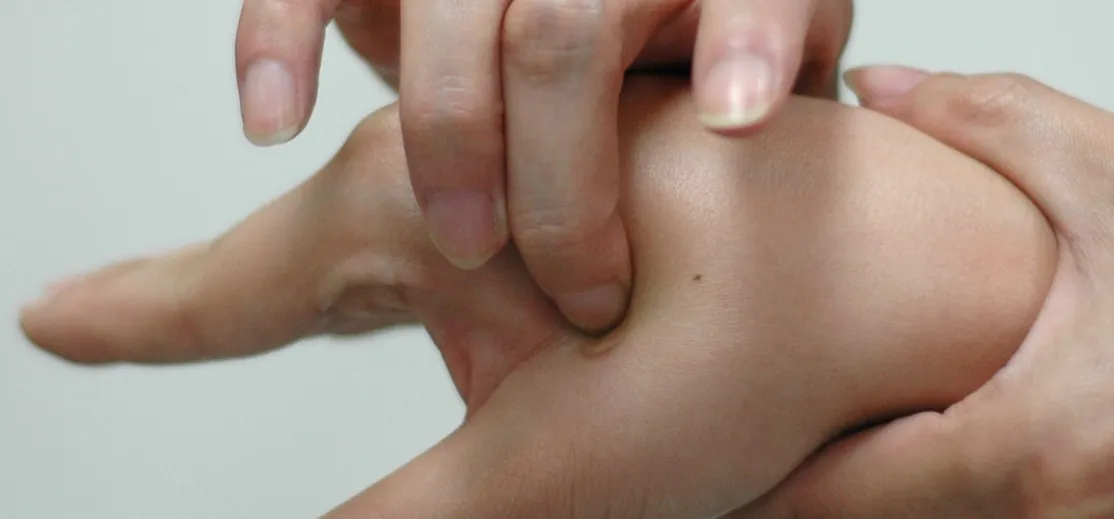Phantom phone vibrations. You might feel them in the pocket of your jeans, or when your handbag is on your shoulder—even when you're holding your phone in your hand. When you do, you immediately wake it up to see who texted or what app just had an update—but there are no alerts.
According to recent research, about 90 percent of all phone owners feel phantom vibrations regularly. Smartphones have not only changed our phone habits, becoming a fixture in the hands of everyone ages 3 to 93, but have also shaped our brain behavior.
These slight tingles that once meant nothing now trigger our brains to check our phones for notifications. Though this may not seem like a big deal, these little twinges could signal a potential problem.
Dr. Larry Rosen, a California State University professor, argues that phantom vibrations are a sign that constantly checking mobile devices may be a compulsive habit. Smartphones allow us to stay connected to friends, but it's this constant awareness of what others are up to that creates phantom vibrations. When we can't see our phones, we grow anxious—and our brain responds by interpreting itches as those short vibration bursts.
So, how can you stop your phone from controlling your brain? Follow these tips to get your mind back on track by altering your habits.
Get Some Space
Like all relationships, it's good to take a break from your smartphone. Take a physical break from your phone by removing it from your reach. Mute all sounds and leave your smartphone in the bedroom while having dinner, or hide it in a drawer while you wash dishes.
Rosen says spending few minutes away from your device can reset your brain. This physical separation requires you to think before you react. Each time you feel a vibration, remind yourself that your phone isn't on you. Perform this activity a few times per week, and your brain will begin recognizing that vibrations aren't a possibility.
Face the Problem
Worried you'll miss an important text? Separation isn't for everyone. Place your phone face up whenever you can—on your desk, at the dinner table, anywhere you can see the screen. The mere fact that you can see your phone will reduce your anxiety—and you won't feel a need to reach into your pockets each time you feel a twitch.
When our smartphones are out of sight, our brain immediately begins anticipating text messages and calls. This tense "waiting" mindset causes even the tiniest motions to be interpreted as an urgent smartphone notification.
Schedule Check-Ins
Limit yourself to a certain number of check-ins per day, for set periods of time. If you're a frequent Instagrammer, or can't stay off Facebook, allow yourself five check-ins per day for 10 minutes at a time. Cutting back on the frequency of your technology use will encourage your brain to break the cycle of anticipation.
As Rosen points out, even a few minutes spent without technology relaxes the brain and decreases anxiety. Of course, it'll be difficult to adhere to a schedule at first. Try your best to keep your fingers from unlocking that touchscreen—the goal is to reprogram your brain and help it forget about all of the possible alerts you might receive.
Having trouble staying away for longer periods of time? Shut the phone off completely until it's time to check your social networks.
Stay Out of the Loop
One of the most surefire ways to stop vibrations is to reduce how often your phone sends you alerts. Head into your device's settings and turn off any unnecessary notifications. Chances are, you really only want to receive an alert when a text, email, or voicemail pop up, so limit any vibrations or sounds beyond those.

It may take some time to get used to the new settings; at first, your brain will still anticipate frequent vibrations and behave accordingly. Yet as you adjust to receiving fewer vibrations overall, your mind will recalibrate itself. Rather than preparing for notifications, your brain will relax and begin assigning those itches and twinges to other actions, like scratching, instead of phone-checking.
Your overall mental state may improve as well thanks to the decrease in alerts; you will no longer be constantly connected to others, and you can focus your energy more efficiently.
Don't let your smartphone get the best of you. With a few tweaks to your everyday habits, you can reprogram your brain and banish phantom vibrations—and you might even start to check in a little less often.
Original cover image via Shutterstock





























Comments
Be the first, drop a comment!